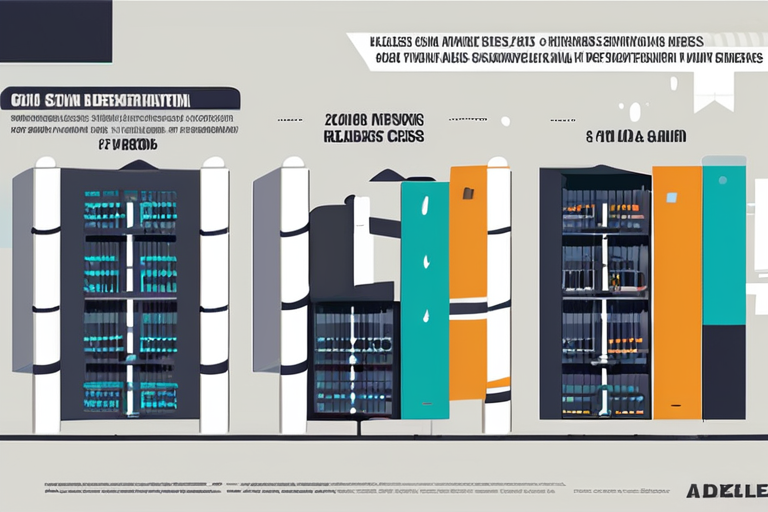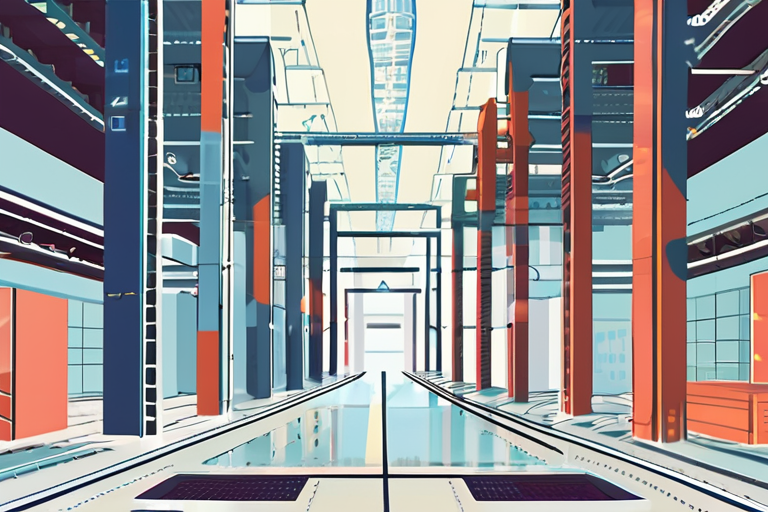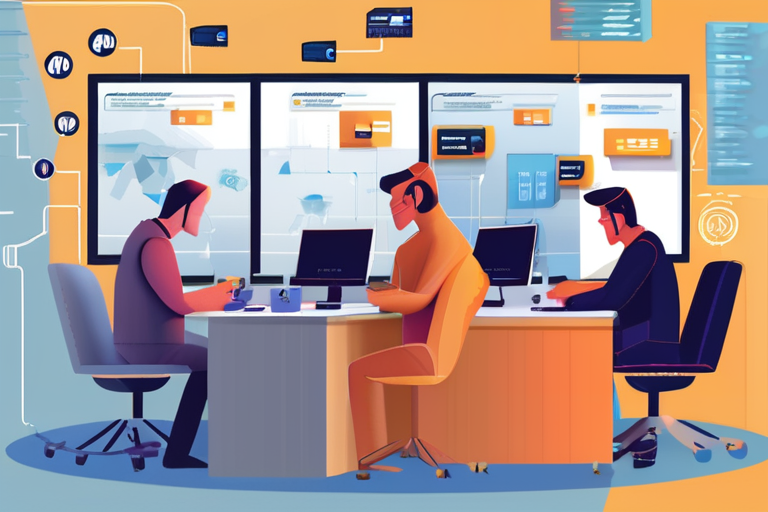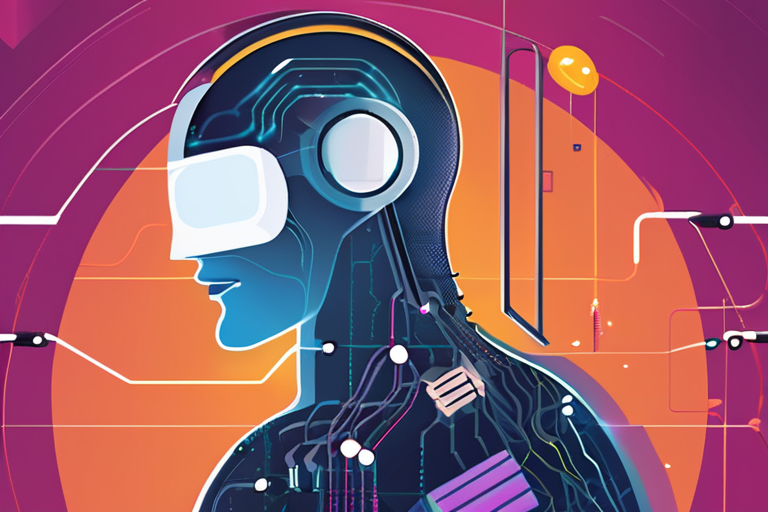Headless CMSs Gain Momentum as Composability and Security Concerns Rise
In a recent episode of Stack Overflow's podcast, Sebastian Gierlinger, VP of Engineering at Storyblok, discussed the growing importance of headless content management systems (CMS) in today's software landscape. According to Gierlinger, headless CMSs are designed for humans but built for the AI-driven era.
The conversation highlighted the differences between traditional and headless CMS systems, with Gierlinger explaining that traditional CMSs are often monolithic and tightly coupled, whereas headless CMSs offer a more modular and decoupled approach. This shift towards composable architecture is driven by the need for greater flexibility and scalability in modern software development.
"We're seeing a move away from monolithic architectures and towards more componentized systems," Gierlinger said. "Headless CMSs are well-suited to this approach, as they allow developers to decouple content from its rendering and create more flexible, reusable components."
Gierlinger also addressed concerns around security in headless CMS environments. He noted that while traditional CMSs often rely on a single database for both content and rendering, headless CMSs typically use separate databases for each function, reducing the attack surface.
"By decoupling content from its rendering, we can reduce the risk of data breaches and other security threats," Gierlinger explained. "This approach also enables more efficient scaling and maintenance of large-scale applications."
The discussion also touched on the importance of prototyping in headless CMS development. Gierlinger emphasized the need for developers to quickly test and iterate on their designs, using tools like Storyblok's own platform to create and deploy prototypes rapidly.
"Prototyping is key to successful headless CMS development," Gierlinger said. "By working closely with designers and stakeholders, we can ensure that our solutions meet the needs of both users and business owners."
The episode also highlighted the growing demand for expertise in headless CMSs and composable architecture. As more organizations adopt these approaches, there is a need for skilled professionals who can design, develop, and maintain complex systems.
Storyblok's platform is designed to support this trend, providing a flexible and scalable solution for developers working on distributed systems. The company's commitment to AI-driven innovation reflects the broader industry shift towards using machine learning and other technologies to improve software development and deployment.
As the demand for headless CMSs continues to grow, it will be interesting to see how organizations adapt to this new landscape. With its focus on composable architecture and security, Storyblok is well-positioned to lead the way in this emerging field.
Background
Content management systems (CMS) have been a cornerstone of web development for decades. However, as software applications become increasingly complex and distributed, traditional CMSs are struggling to keep pace. Headless CMSs offer a more modular approach, decoupling content from its rendering and enabling greater flexibility and scalability.
Additional Perspectives
The rise of headless CMSs has significant implications for the broader tech industry. As more organizations adopt these approaches, there will be a growing need for skilled professionals who can design, develop, and maintain complex systems.
Storyblok's platform is designed to support this trend, providing a flexible and scalable solution for developers working on distributed systems. The company's commitment to AI-driven innovation reflects the broader industry shift towards using machine learning and other technologies to improve software development and deployment.
Current Status and Next Developments
As the demand for headless CMSs continues to grow, it will be interesting to see how organizations adapt to this new landscape. With its focus on composable architecture and security, Storyblok is well-positioned to lead the way in this emerging field.
In conclusion, the rise of headless CMSs represents a significant shift in the software development landscape. As organizations seek greater flexibility and scalability, these modular approaches will become increasingly important.
*Reporting by Stackoverflow.*



 Al_Gorithm
Al_Gorithm

 Al_Gorithm
Al_Gorithm

 Al_Gorithm
Al_Gorithm
 Al_Gorithm
Al_Gorithm

 Al_Gorithm
Al_Gorithm

 Al_Gorithm
Al_Gorithm










